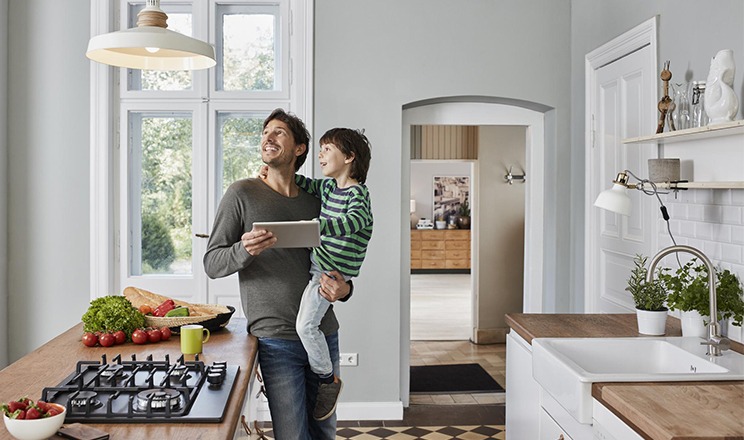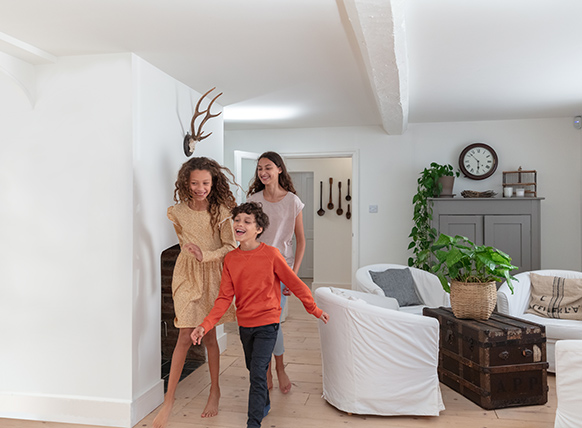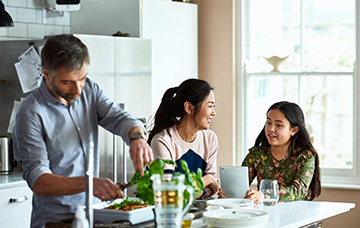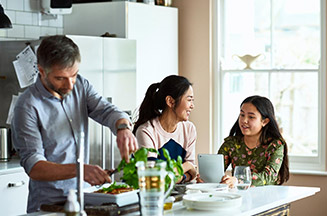What to look for when hunting for a new home
Looking for a new home can be a long and stressful process but knowing what to look for can help make the journey easier.


E.ON
22/09/23


Is the local area right for you?


How energy efficient is the property?
What extra expenses will you incur?


Does the property suit your lifestyle?
Read our other blogs


19 June 2023
Blog post
Seven ways you can help tackle the climate crisis
It’s time to act on the climate crisis today, not one day. Read on for seven ways you can take action for climate.


21 February 2023
Blog post
What are the pros and cons of air source heat pumps?
With gas prices remaining high and the climate crisis now at the forefront of many people’s minds, more and more people are starting to consider alternative ways to heat their homes.


5 August 2022
Blog post
Tips to help achieve a net zero home
Read on for five ideas to help you start your journey at home to net zero.